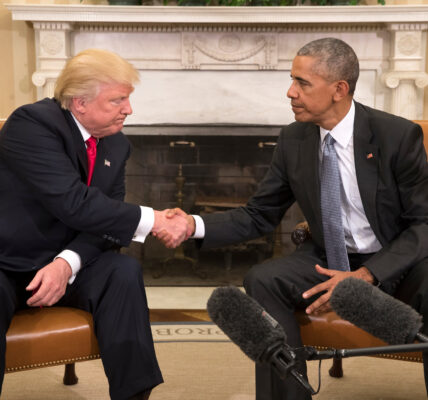Within the inner sanctums of Uganda’s political arena, the National Unity Platform (NUP) found itself entangled in a web of turmoil on the fateful evening of March 26. The catalyst? Speaker of Parliament Anita Among’s resolute rejection of the party’s bid to revoke Mr. Mathias Mpuuga’s parliamentary commissioner position. As the Nyendo-Mukungwe MP’s steadfast refusal to relinquish his role reverberated through the corridors of power, NUP’s senior leadership convened for an urgent crisis meeting at their headquarters in Makerere-Kavule.
In the aftermath of Speaker Among’s unequivocal response, the party’s top brass grappled with the implications of their failed attempt to remove Mpuuga. Citing constitutional provisions and parliamentary regulations, Speaker Among left little room for interpretation, effectively thwarting NUP’s aspirations. This clash of wills not only underscored the party’s internal strife but also laid bare the intricate power dynamics at play within Uganda’s political landscape.
At the heart of this political storm lies a tangled web of allegations surrounding Mpuuga’s tenure as Leader of the Opposition. Accusations of corruption, specifically concerning the allocation of a substantial ‘service award’ to himself and fellow commissioners, cast a dark shadow over his leadership. Despite mounting pressure from within NUP ranks, Mpuuga remained defiant, vehemently defending his actions and challenging the party’s authority.
As the standoff between NUP’s leadership and Mpuuga reached a crescendo, the wider implications for Uganda’s political opposition became increasingly apparent. The party’s ability to navigate internal dissent and maintain cohesion in the face of adversity was put to the test, raising questions about its long-term viability and effectiveness as a unified force for change.
In the midst of this political maelstrom, calls for dialogue and mediation reverberated across Uganda’s political spectrum. Yet, amidst the chaos, a deeper rift within NUP’s leadership emerged, threatening to escalate into a full-blown leadership challenge. As accusations of arbitrary leadership, nepotism, and corruption continued to swirl, the party’s credibility hung in the balance, with the future of Uganda’s political opposition at stake.
As NUP’s leadership grappled with the fallout from their failed bid to remove Mpuuga, the party’s commitment to its founding principles and the broader struggle for political change was called into question. In the face of adversity, NUP’s leaders found themselves at a crossroads, tasked with navigating a path forward amidst uncertainty and turmoil. The road ahead remains fraught with challenges, yet the resilience of Uganda’s political opposition endures, undeterred by the storms that lie ahead.





